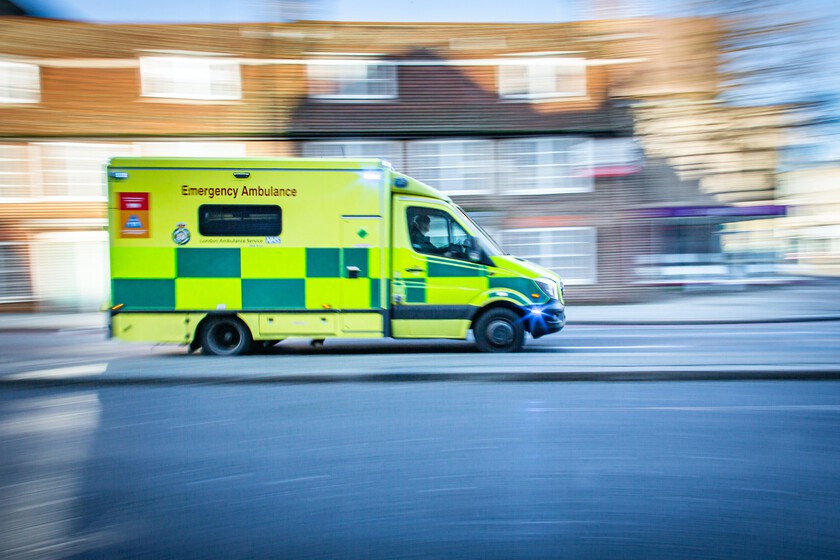We have been concerned for decades that the misuse of antibiotics created superbugs. There was something else: cancer

43,370 cases. Those will be the colon and rectal cancers that will be diagnosed in Spain in 2022, according to the Spanish Society of Medical Oncology. And it is that, although it usually goes unnoticed, we are talking about one of the most prevalent cancers in the country. It is not the most lethal: because, if detected early, around 90% can be treated successfully, but even so, 15,000 people died from them in 2020, the last year for which we have data.
The risk factors are multiple And, beyond genetic predispositions, they all have to do with our habits and behaviors. Things such as overweight and obesity, a sedentary lifestyle or the excessive consumption of red and processed meats, alcohol or tobacco are behind the enormous growth of the disease in recent years. However, in recent years, more and more studies raise something else: abusive consumption, yes; but antibiotics.
And we just found one more. In recent months, several studies are putting on the table the relationship between the consumption of antibiotics and this type of cancer. A couple of years ago, a team of British researchers studied some 40,000 people and discovered that prolonged use of these drugs increased the risk of developing cancer of this type. In the same way, at the beginning of the year, the scientific journal Journal of the National Cancer Institute found a similar phenomenon with a study in Sweden of 240,000 people. The conclusions of the latter indicated that those who consumed antibiotics in a stable way (more than six months) had a 17% higher risk.
Because it is important? As Nuria Usero pointed out, we have been warning against the indiscriminate use of antibiotics for many years because they are behind the appearance of super-resistant bacteria. In other words, we try to restrict their use because the more we use them, the less effective they become: this is something that Fleming himself warned about in his Nobel acceptance speech. It was 1945, only 15 years after discovering penicillin.
However, this risk is diffuse and although it is a very big problem (increasingly bigger) it is not easy to visualize because its effect tends to be, above all, population-based. In this case we are talking about long-term problems with antibiotics over those who abuse them and, of course, things change. First, because of the negative consequences that can be generated by some medicines with such good (and justified) .
Why is this happening? In general, researchers agree that the problem comes from the microbiota. Our digestive system is a delicate ecosystem in which numerous bacteria coexist in “peace and harmony”. For years we have known that the intestinal flora plays a key role in the health of the body and everything seems to indicate that the indiscriminate use of antibiotics could affect, unbalance and damage our digestive “microecosystems” in the long term (and, as a consequence, our Health).
A small risk, but a huge reminder. From what we know so far, the risk associated with antibiotics is lower than that of other risk factors such as physical inactivity or consumption of meat, alcohol and tobacco. However, it is far from anecdotal. It is a reminder about the nature of antibiotics: extremely powerful tools, but like all tools they also have side effects. Above all, if we do not use them correctly.
Image | National Cancer Institute




